23, July 2018
Southern Cameroons Crisis: Buea observes ghost town despite Mayor Ekema’s directive 0
Capital of Cameroon restive South West region, Buea, was deserted by residents in observing an unofficial ghost town ritual that has been in place for over a year.
Streets of Buea were largely deserted as at the morning of July 23, 2018 and businesses refused to open as ordered by the Lord Mayor. In
Photos sent exclusively to Africanews showed that Buea was observing a ghost town. Residents had virtually abandoned the streets and all social and economic activities had come to a halt.
Late last week, Lord Mayor of the Buea Council Ekema Patrick Esunge, warned that the body will take punitive measures against economic operators especially who respect the most recent call for a ghost town.
In a press release, he said Monday (June 23) remained a normal working day. A word of caution to persons who planned to respect a call to stay away by suspected separatists.
His release read in part: “He further informs them (businesses) to stop respecting the so-called ghost town from unknown individuals.
“Defaulters of the above Municipal Order will have their businesses sealed till further notice considering that several communiques and press conferences have been held with them to desist from this phenomenon.”
Meanwhile, unconfirmed reports by people on social media disclosed that the Mayor was sealing off shops that did not operate. Authorities are said to be doubling locks of shops that refused to open.
Source: Africa News
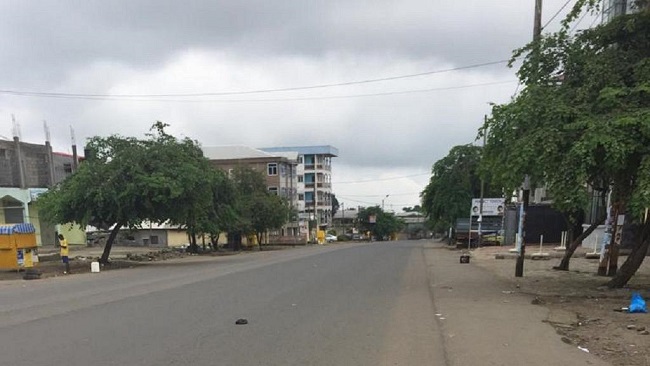
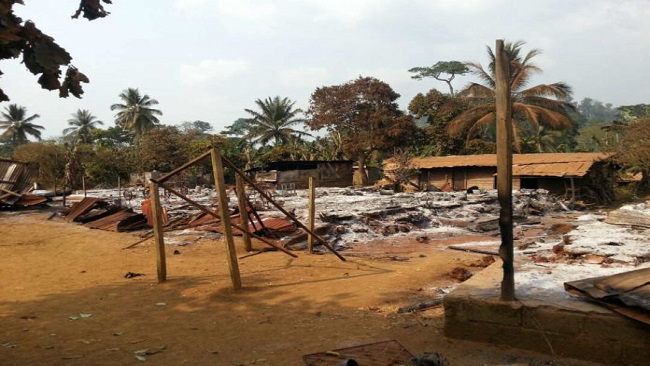
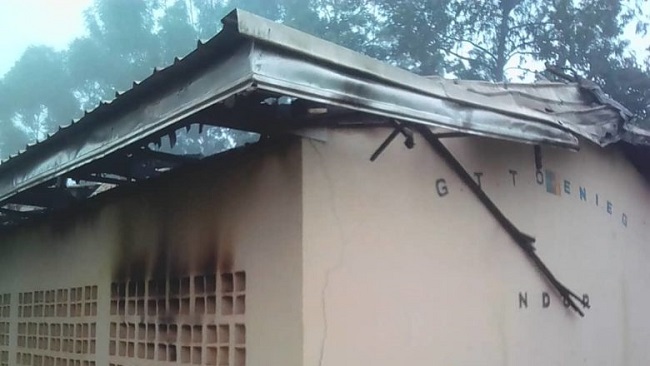
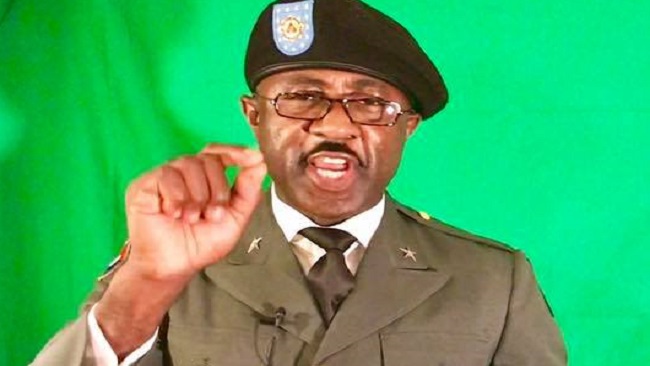
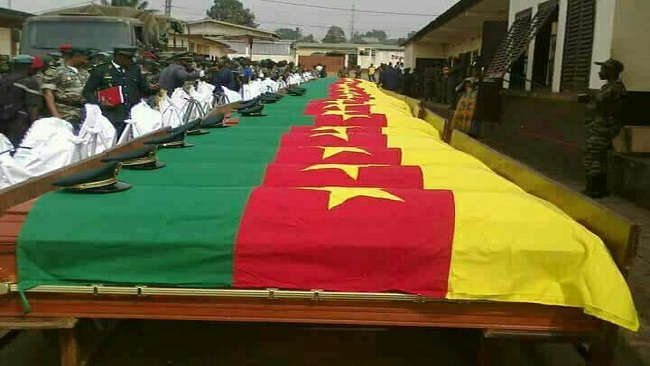
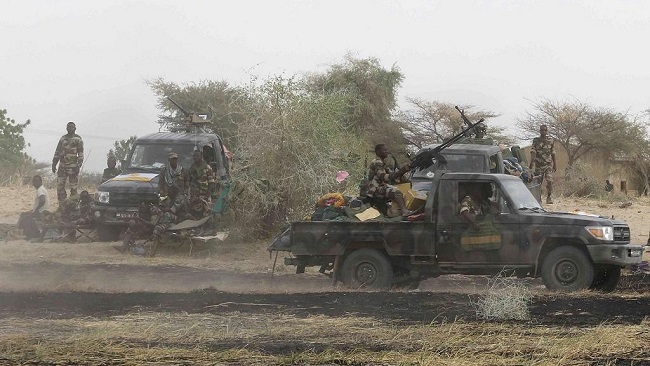
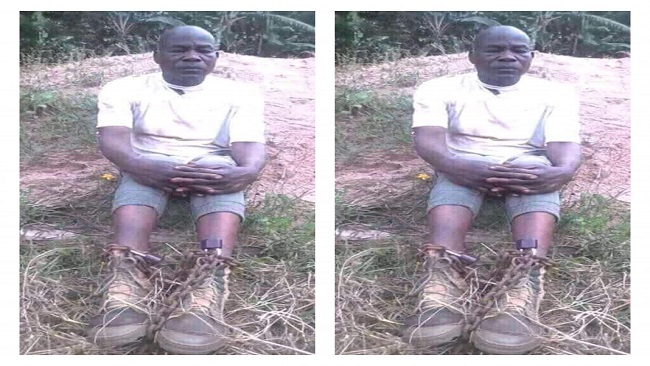
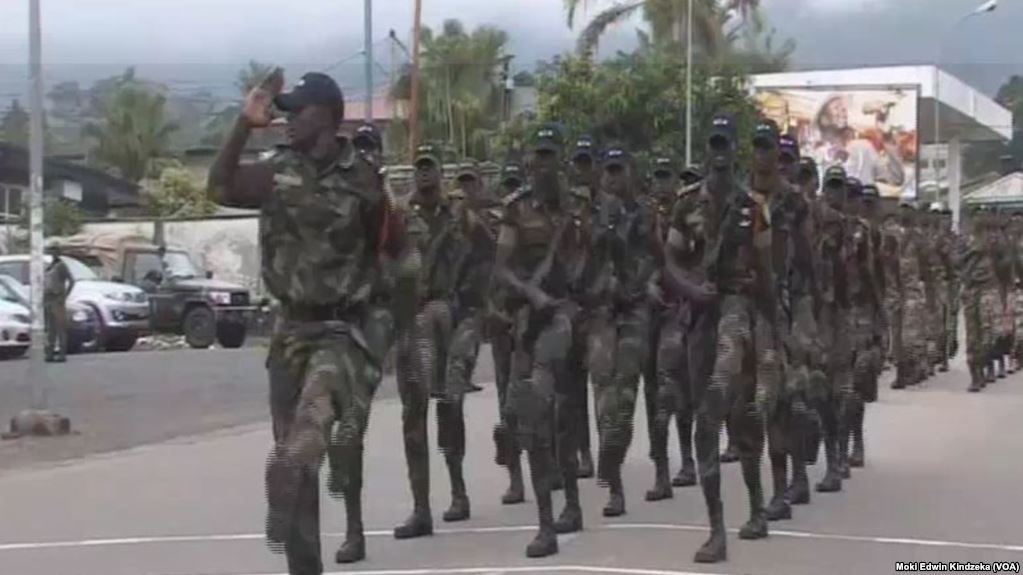
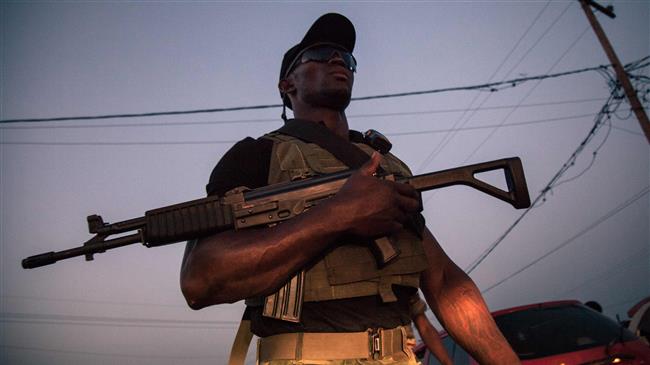


















24, July 2018
Yaounde trying to distance itself from extra-judicial killings by soldiers as election looms 0
Cameroon is grappling with the threat of escalating violence in different crisis locations across the country even as the authorities prepare for run-up to the presidential elections set for Oct. 7.
About a fortnight ago, a video emerged showing men in the military fatigues of the Cameroonian army executing two women and two children. The video is believed to have been taken in the north of the country where the military is taking on Boko Haram. The clip of the extra-judicial killing of the women and children, presumably linked to the Islamic terror group, went viral on social media and sparked outrage.
Activists in the ongoing Anglophone crisis used the footage to describe what they claim are ongoing indiscriminate and unjustified killings in the country’s English-speaking regions, over 800 miles away. Government troops had previously been accused of targeted killings in those North West and South West Regions.
Global rights group, Amnesty International says the men in the video were Cameroonian soldiers carrying out the executions. The organization’s experts matched extensive analysis of the weapons, dialogue and uniforms that feature in the video, with digital verification techniques and testimonies to arrive at the conclusion that the perpetrators are soldiers of the Cameroon army.
Nevertheless, Issa Tchiroma Bakary, Cameroon’s minister of communication, strongly rebutted the video, denying the Cameroon army’s involvement. Tchiroma has challenged previous Amnesty reports on crimes and human rights violations committed by the army. Yet, he said “owing to the gravity and intolerability of the facts contained therein, the Head of State [Paul Biya] has ordered the opening of a thorough investigation to shed light on this case.”
Samira Daoud, deputy director of Amnesty International’s West Africa office, raised concerns over the genuineness of the government probe. “The Cameroonian authorities’ initial claim that this shocking video is fake simply doesn’t stand up to scrutiny. These hasty and dismissive denials cast serious doubt over whether any investigation will be genuine.”
Though Reuters reported that four Cameroonian soldiers had been arrested in relation to the execution, Tchiroma tweeted on Saturday noting that no military officer had been detained.
In addition to the Boko Haram threats, Cameroon’s government has been gaining negative global media coverage over the last year as the troubles in its English-speaking regions have escalated. What started out as a modest industrial strike action by English-speaking lawyers and teachers over real and perceived marginalization by the Francophone-dominated central government has turned into a full-fleg.
The long-drawn out crisis has so far caused the internal displacement of no fewer than 160,000 people, according to the UN Office for the Coordination of Humanitarian Affairs. An additional 21,000 affected by the crisis have had to cross over to neighboring Nigeria as refugees. Even the Nigerian business community in some key towns in the restive area have returned home. Frequent gun battles between republican forces and armed separatists have led to hundred of deaths.
Like other concerned organizations and structures, Human Rights Watch is advocating an end to the killings. The rights group has recommended a mediated dialogue involving all the warring parties. But none has taken concrete actions which could breed such peace-restoration efforts.
Despite the volatile nature of the country’s two English-speaking regions, voters have been called to the poll on Oct. to elect a president. Current president Paul Biya, 85, has been in office since 1982 and has confirmed he will be running for his seventh term. Some 27 hopefuls have already manifested interest in challenging the incumbent. Biya’s grip on power has been shaken by the security threats of Boko Haram and more recently the Anglophone separatists but most watchers are not optimistic there will be change.
Even then, there are few indications the election will run smoothly in the restive Anglophone regions as some council branches of the elections management body, ELECAM, have remain closed.
Culled from Quartz